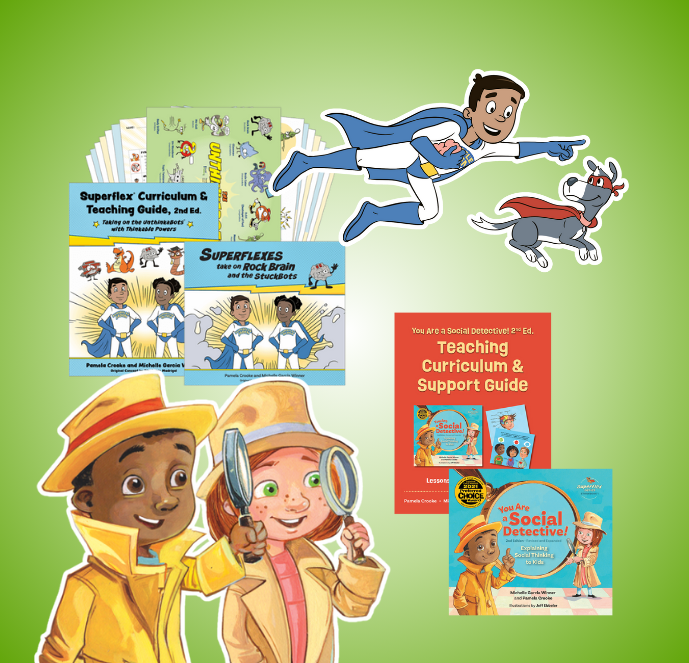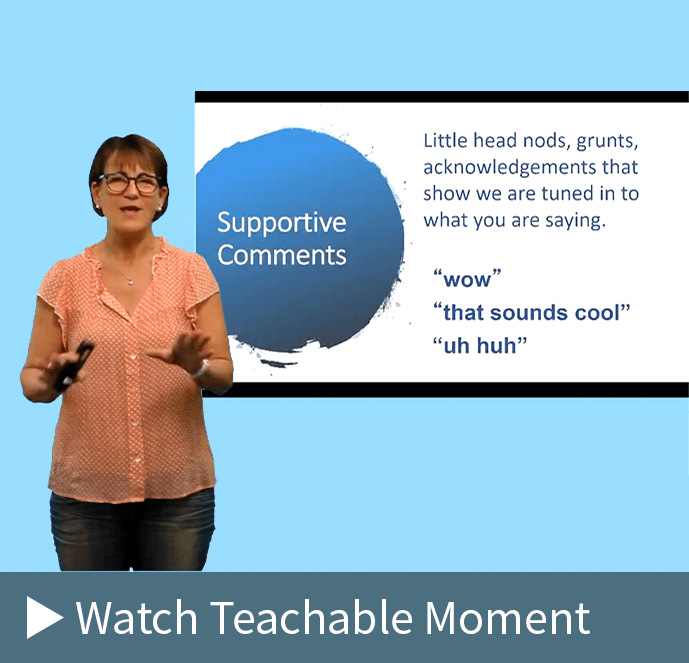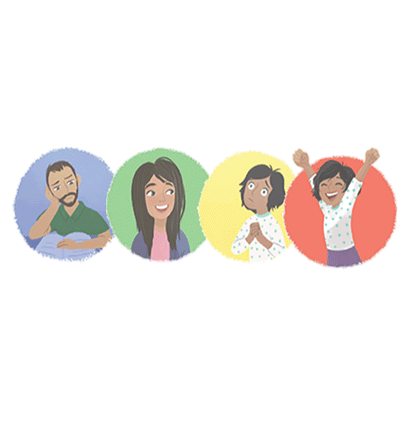Bundle Up and Save 10% On the Entire Superflex Series!
Including the brand new Superflex Takes Fight board game
Teaching Social Thinking Concepts & Vocabulary to Children Ages 8-11
Understanding our own and others’ thoughts and feelings is a part of our daily human experience, no matter where we are or what we are doing by ourselves or with others—reading, watching, writing, participating in groups, or interacting. It’s a critical function of our social minds, which grow and evolve with age. Social, emotional, and academic learning is cumulative throughout our lives, so let’s get down to teaching what being social really means—to all children!
As soon as children start school, they are placed into learning groups, and it’s assumed that they bring with them basic knowledge of how to work, learn, play in groups, form relationships, and feel included to help themselves and others succeed. This knowledge is rarely taught explicitly. It’s as if we expect all children, beginning at age four, to cooperate, to understand that other people are different from them, that each of us is unique and has our own thoughts and feelings.
Explore
- Free Webinars
- Best-Selling & Award-Winning Products
- On Demand Courses
CEs available for select professionals - Free Stuff for Home & School
- What is Social Thinking?
Products to Support Social Awareness, Perspective Taking & Regulation
Award-winning & bestselling Superflex Series
Award-winning & bestselling The Zones of Regulation
Additional Bestselling & Award-Winning Resources & Curricula
On Demand Courses—Practical Strategies You Can Use Right Now

Teaching the Superflex Curriculum Series with Fidelity: A Short Course
Educators, therapists, and caregivers have been asking for a motivating and fun way to teach elementary students social, emotional, and academic concepts. This short course will focus on the theory underlying core lessons and how to implement a detective and superhero themed social, emotional, and academic learning (SEAL) teaching series with fidelity. Consider this to be the essential crash course for implementing the Dynamic Duo Curriculum series with fidelity. Content is designed for students 7-11+ years. The 90-day Recorded Replay Access begins at the time of Registration.
2 hours of training and CE credit available for select professionals.

Combating Loneliness and Misbehavior
Download this free visual with practical ideas for initiating social conversations, which Michelle Garcia Winner presents in this course.
Loneliness is a dangerous national epidemic that has been growing in depth and complexity for many years. Loneliness not only endangers our mental and physical health, but it also can make us less kind and caring toward others, resulting at times in misbehavior at schools and within our communities. We’ll explore a range of research-informed ways we can cultivate meaningful relationships with others to foster our well-being, as well as kindness, empathy, and generosity of spirit toward others. Now more than ever, building social awareness, managing anxiety, and developing social communication strategies to combat this growing crisis of loneliness is critical for school-age children, tweens and teens, and all the way through the adult years. The 90-day Recorded Replay Access begins at the time of Registration.
1.5 hours of CE credit available for select professionals.
Free Stuff
Free Articles
- Teaching an Essential Life Skill: How to Ask for Help
- 14 Tips to Help All Kids Learn to Manage Anxiety
- Teaching The Zones with Integrity
- A Writing Problem is a Thinking Problem
- 9 Strategies to Encourage Generalization of Social Thinking Concepts & Related Social Skills
- 10 DOs and DON'Ts for Teaching Superflex
- What Is Shared Imagination & Why Is It So Important to Relationship Development?
- The Other Side of the Friendship Pyramid: Dealing with Dislike
- 10 Steps to Foster Organization: Homework and Beyond!
Free Thinksheets

The Zones Free Stuff

What is Social Thinking?
Strategies to Build Social Competencies
The Social Thinking Methodology provides evidence-based strategies to help people ages four through adult develop their social competencies, flexible thinking & social problem solving to meet their own social goals and improve:
- Conversation & social connection
- Executive functioning
- Friendship & relationship development
- Perspective taking
- Self-regulation
- Social Thinking Vocabulary




